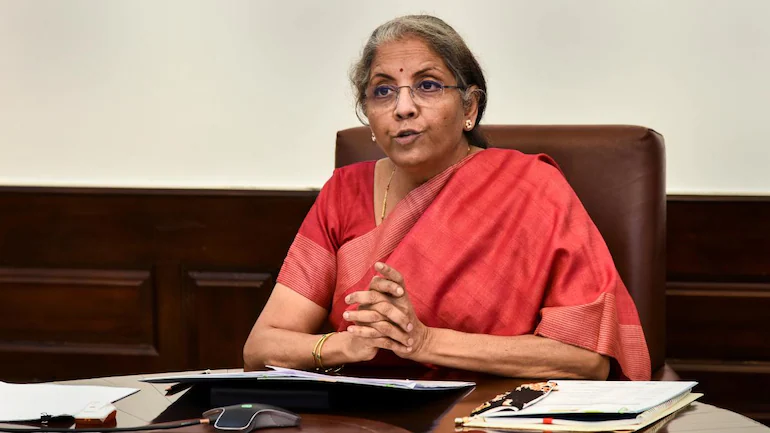India’s Decision on Crypto Regulation Will Not Be Rushed – Nirmala Sitharaman, India’s finance minister, spoke on cryptocurrency regulation at a Stanford University School of Medicine – fireside chat on Wednesday.
She went on to say that India will not rush to finalize its crypto policy. She, on the other hand, stated that India will make a more informed decision following due debates in multilateral fora.
Sitharaman said that blockchain technology has the potential to help India’s economy grow. “Blockchain has a lot of potential, not just in payments but in a lot of other areas,” she explained, adding:
“Our goal isn’t to harm the ecosystem or to say we don’t need it; rather, we want to define for ourselves how we need them, how their growth should be fostered, and how we’ll deal with it.”
Also Read: Cambodia Reaffirms Stance Against Unsanctioned Crypto-Related Activities
“It can also be used for not so desirable objectives, whether it be money laundering or leading to supporting terror,” the finance minister added.
These are worries shared by many countries, not only India, according to the finance minister. She expressed her opinion as follows:
“It will take time for all of us to be certain that, at the very least, we are making an informed decision based on the knowledge we have. It’s not something that can be hastened.”
Officials from India’s finance ministry have met with representatives from international institutions such as the International Monetary Fund (IMF) and the World Bank.
India is “on the frontlines of digital currencies, notably central bank digital currency and how it addresses a substantial reduction from crypto assets for the Indian people and enterprises,” according to IMF Managing Director Kristalina Georgieva.
Also Read: Brazilian Wine Club Now Accepts Bitcoin As Payment On Mobile App
India’s Decision on Crypto Regulation Will Not Be Rushed – While the Indian government develops a crypto policy, crypto revenue is taxed at a rate of 30%. On July 1, all crypto transactions will be subject to a 1% tax deducted at source (TDS).




